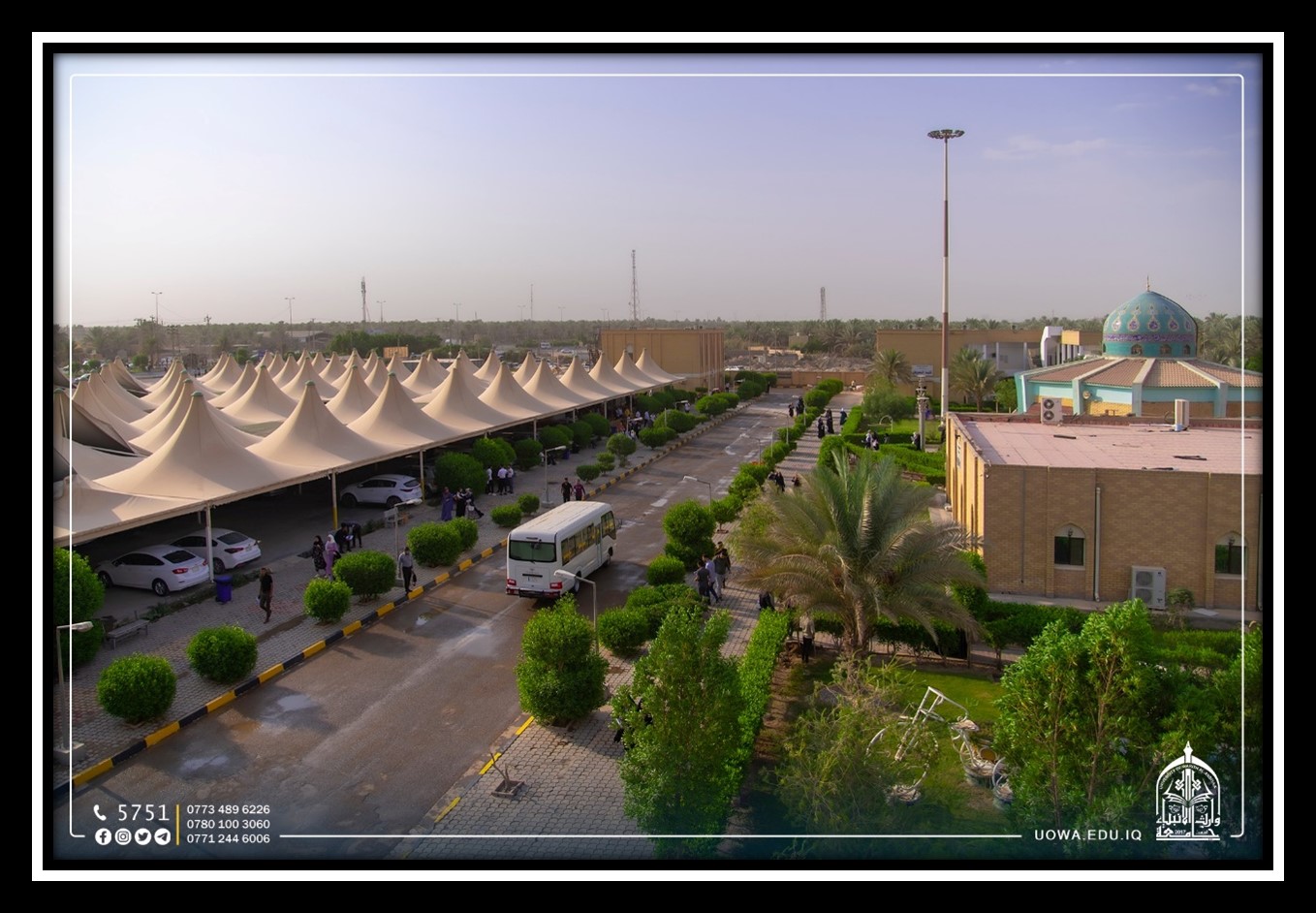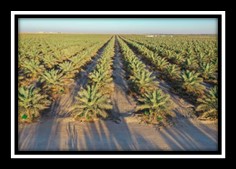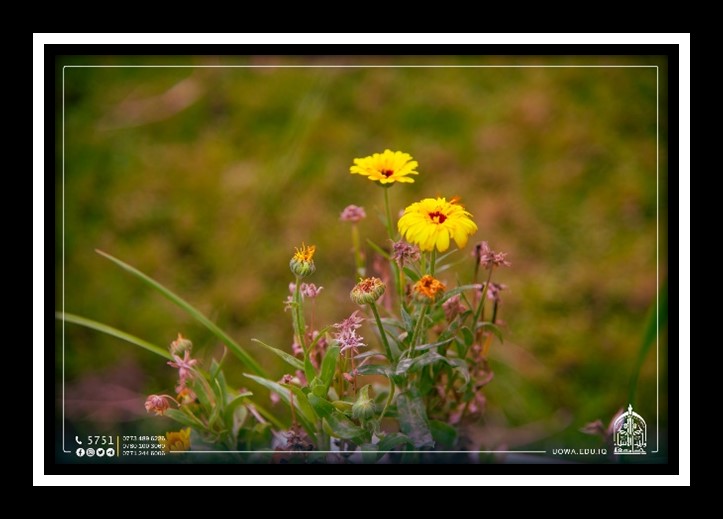
University of Warith Al-Anbiyaa Landscape Management for Water Conservation
Date: 23/02/2023
Prepared by: University of Warith Al-Anbiyaa
In response to the arid climate of Karbala, Iraq, the University of Warith Al-Anbiyaa prioritizes sustainable landscape management practices that conserve water while maintaining green, vibrant campus spaces. By integrating drought-tolerant plants and modern irrigation technologies, the university aligns with global sustainability goals, specifically SDG 6 (Clean Water and Sanitation). These efforts reflect the university’s commitment to responsible water use and environmental stewardship.



